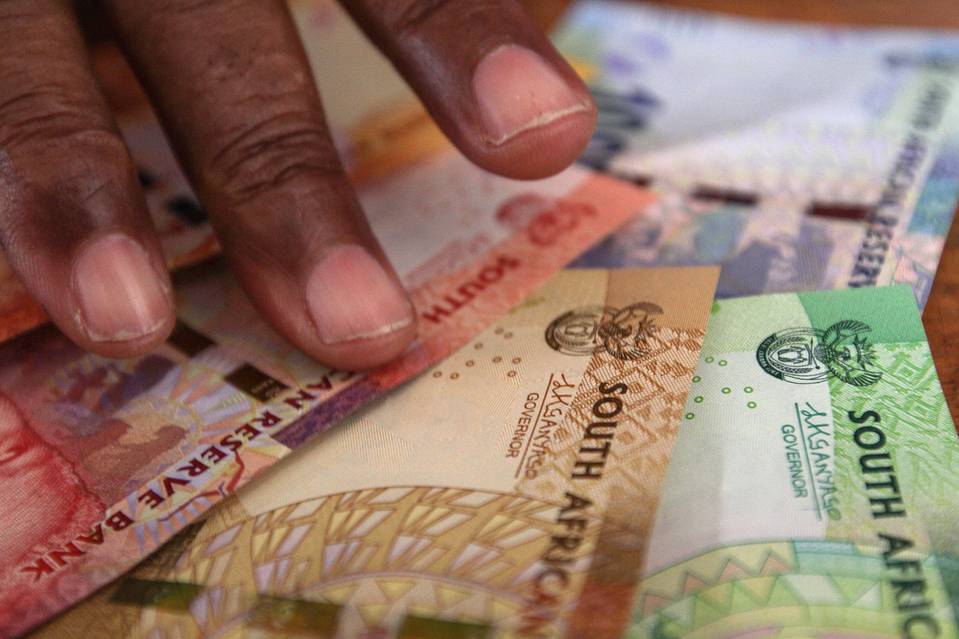Naira Hits Fresh Lows As Dollar Surge Rattles Emerging-Market Currencies

- Central Banks in Nigeria and South Africa Intervene as Dollar Gains Momentum
- Impact of Dollar Strength on Nigerian Equities and Emerging-Market Stocks
- Geopolitical Tensions and Dollar Rally Push Emerging-Market Currencies to Brink
The resurgent dollar made significant inroads against global emerging-market currencies on Tuesday, triggering weakness that prompted interventions by central bank officials to curb the losses.
Thank you for reading this post, don’t forget to subscribe!
In Nigeria, the naira faced renewed pressure as the dollar’s strength led to a decline in its value against the greenback. The Central Bank of Nigeria (CBN) intervened to stabilize the naira amid concerns over its depreciation. This scenario unfolded amidst a broader context of global currency volatility affecting many emerging-market economies.
Similar actions were witnessed in South Africa, where the South African rand also faced downward pressure against the dollar. The South African Reserve Bank stepped in to manage the situation and prevent excessive currency depreciation.
The impact of the dollar’s surge extended to Nigerian equities and emerging-market stocks, with market indices reflecting the broader implications of currency fluctuations on investment sentiment.
Geopolitical tensions, coupled with stronger-than-expected US economic data, contributed to the sustained strength of the dollar, adding further strain to emerging-market currencies like the naira and rand.
The decline in the Indian rupee to a record low and the Malaysian ringgit’s proximity to a 26-year low underscored the widespread impact of dollar strength on global currencies.
In Asia, the Taiwanese dollar and Philippine peso also experienced depreciation against the dollar, highlighting the broad reach of this currency dynamic.
Central banks across emerging markets, particularly in Asia, have been compelled to intervene in currency markets to mitigate the effects of dollar strength and ensure stability.
China’s adjustment to its daily reference rate for the yuan also influenced regional currency movements, amplifying the impact on neighboring economies like South Korea and Thailand.
The combination of geopolitical factors, expectations of sustained US interest rates, and currency volatility is likely to continue affecting sentiment and currency values across emerging markets, including Nigeria.





